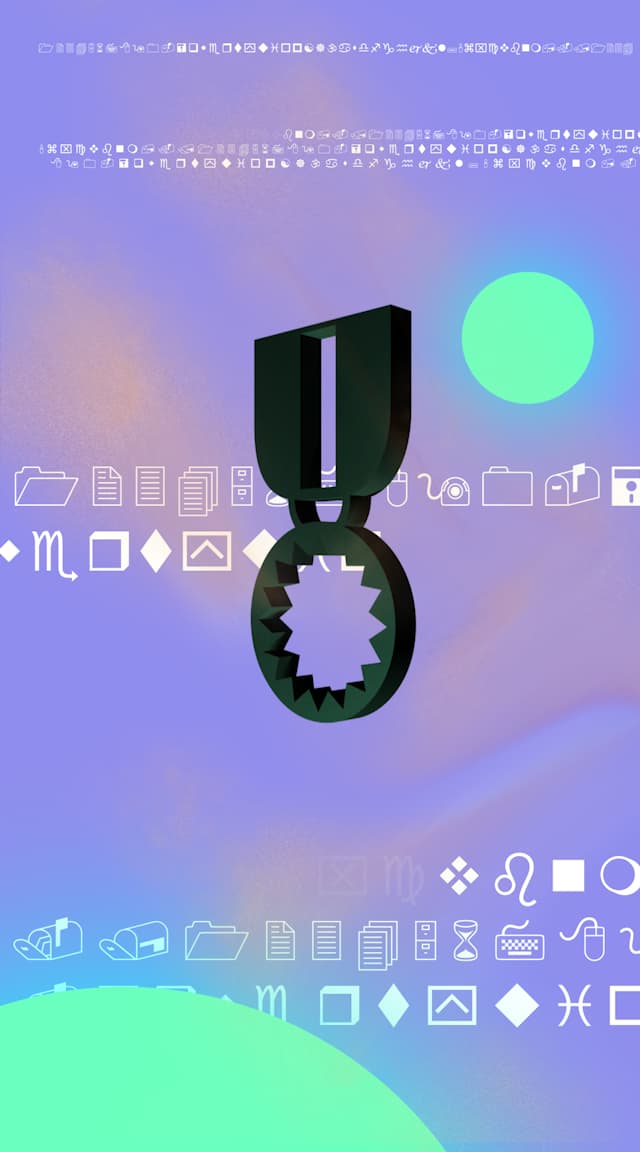What do Points mean? – Music industry jargon busting
What do Points mean in the Music Industry?
Points, splits, cuts, percentages – these are all different ways of saying who gets what for the work they’ve done on a project.
We’re big believers in having these conversations sooner rather than later, as the music industry is littered with acts that broke up because everyone assumed it was clear who had written what – until one day it wasn’t (usually not long after they started making some money.)
The Basics
Let’s face it, if you’re the artist, dealing with the business side of the industry is never fun.
A split sheet is a clear and concise way of making sure that everyone involved in a songwriting project is on the same page. It’s essentially an agreement that outlines each contributor’s splits/points. It can also specify that individual’s contribution (e.g. the hook, lyrics, beats etc.) as well as publisher info and song drafts. As the saying goes, where there’s a hit, there’s a writ’ – and a piece of music that’s now generating big bucks can cause a rift which can lead to money being withheld until the dispute is resolved. For example, if you claim 80%, while your co-writer claims 60%, the royalties will be locked up until you reach some sort of compromise.
How do I determine song splits?
Determining song splits can be awkward. That’s why bands such as U2 decided to split royalties equally. They also decided that their longtime manager Paul McGuinness should get an equal split – as if he was part of the band.
However, in the cases of mega-collaborations and multiple songwriters, things are less defined. Genre plays a huge part in determining splits. In hip-hop, rap and dance, producers are typically included in the song split, and even get a higher percentage than the songwriters. This is because they’re integral to the song’s existence. Conversely, in jazz and classical music, producers receive a smaller percentage. In other cases, they’re paid per session and can’t claim any ownership of the song. It’s safe to say that deals between a group of songwriters and producers vary, and largely depend on the individuals involved. Therefore, it’s super important to have these uncomfortable conversations as early on in the process as possible.
Samples and Splits
If you’re including a sample, make sure that you negotiate a deal with the sample’s songwriters. Believe us, this will save you a lot of trouble when the song is released. There are tonnes of legal cases where the sample’s songwriter ends up getting a higher percentage than the songwriters of the hit song, just because they didn’t clear the issue before releasing the tune. Sisqó’s “Thong Song” is a clear example of how samples can turn a hit into a miss (Read more).
Final notes
When discussing points/splits, you need to strike a balance between keeping everyone happy and invested in the project, without giving away so much that your career isn’t as sustainable anymore.
It’s a tough balancing act and can be an awkward conversation for some, but getting these discussions out of the way early means you can move forward to sold-out stadiums and #1 records without worrying who gets what.






